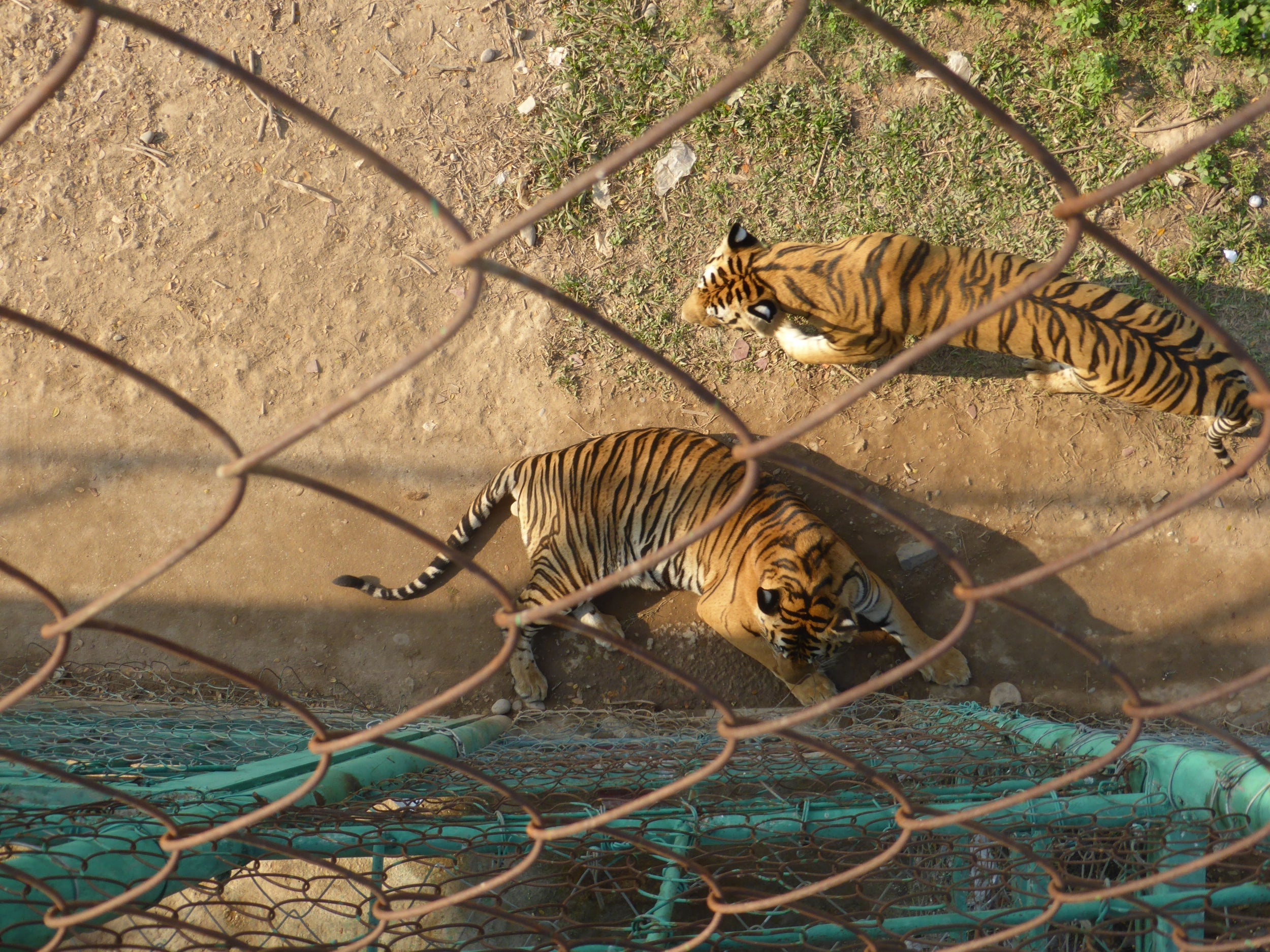Hunting the traffickers: How we’ve failed to stop the international tiger trade
Across southeast Asia, thousands of tigers are living in captivity, bred in theory to relieve the pressure on their wild counterparts. But in practice, the animals are being smuggled, sold and slaughtered for their body parts. Harriet Marsden reports

Tyger Tyger, burning bright/ In the forests of the night. Perhaps no longer. Since William Blake wrote his most famous poem, an estimated 96 per cent of wild tigers have disappeared. There are fewer than 4,000 left.
But across southeast Asia, at least 8,000 tigers are living in captivity, bred in theory to relieve the pressure on their wild counterparts. But in practice, tigers are being smuggled, sold and slaughtered for their parts. Once hunted for their distinctive skins, today they’re being made into bone products like glue or wine, and trade is booming. An upcoming documentary, airing on BBC2 on 4 March, lays bare the brutal transnational tiger trade.
Tigers: Hunting the Traffickers, an hour-long programme made by Grain Media – the award-winning production company behind Learning to Skateboard in a Warzone (If You’re a Girl) – stars Aldo Kane, a former Royal Marines Commando turned anti-poaching activist. The team, led by Laura Warner, a self-shooting producer-director, collaborated with local wildlife crime investigators and NGOs for a year to track the trade across southeast Asia. Finally, they took their evidence to the Convention on International Trade in Endangered Species (CITES) in Geneva to try to persuade international delegates to take action.
Subscribe to Independent Premium to bookmark this article
Want to bookmark your favourite articles and stories to read or reference later? Start your Independent Premium subscription today.
Join our commenting forum
Join thought-provoking conversations, follow other Independent readers and see their replies